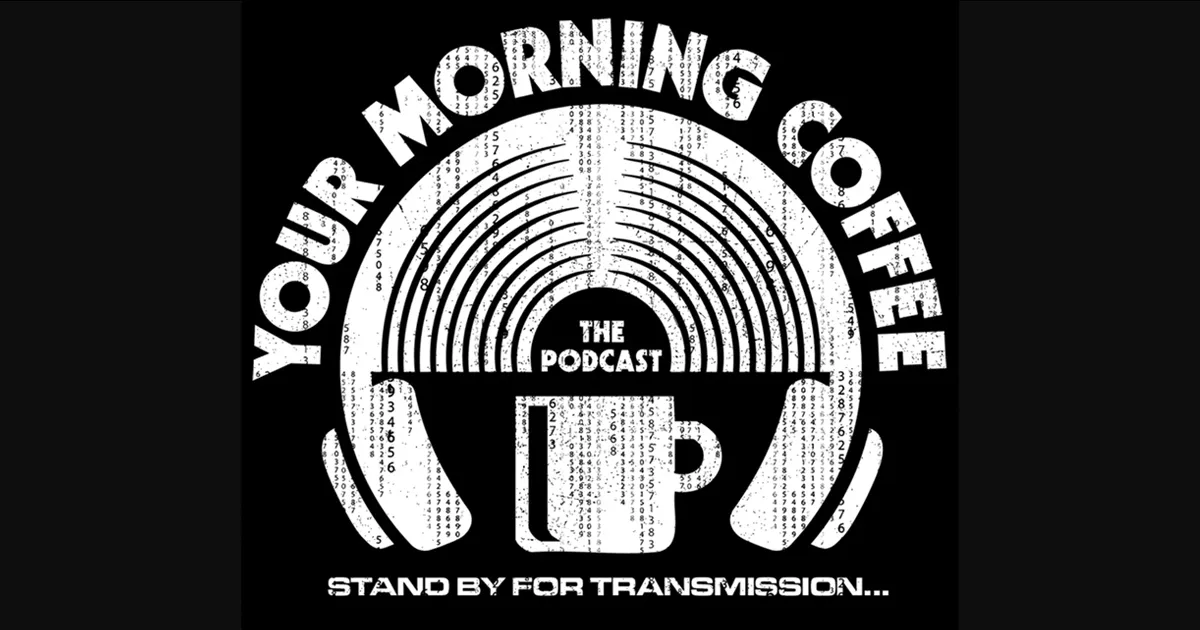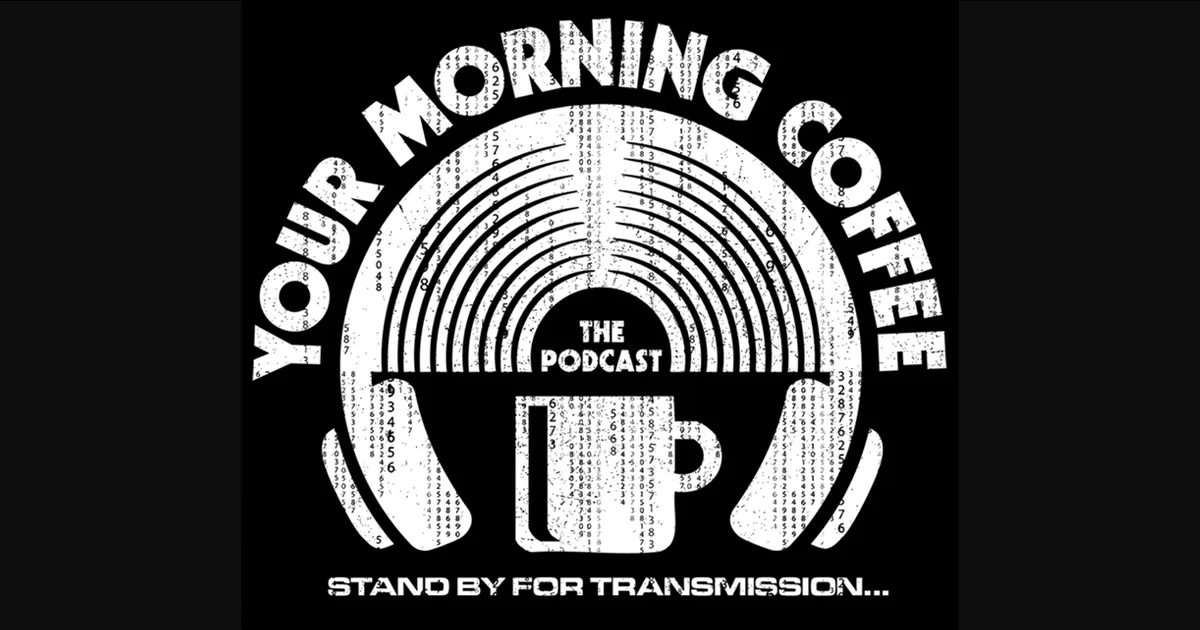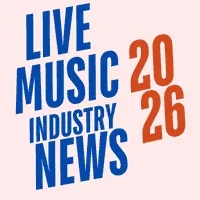Guest Post by Anu Kirk on Post-cocious
But somehow you turned into the rich kid from an 80s teen movie. You might be about to win, but nobody seems to like you. The venture capitalists are pissed because you don't make any money, and you keep promising that's going to change. The artists think you're robbing them, and your PR response and outreach has ranged from tone-deaf to nonexistent. The listeners don't want to pay, or worse, they don't even want to come back for free music after a month. Even the labels and publishers don't want you to succeed (don't feel too bad about it, they hate everyone).
Worse, it feels like you've stopped trying. Stopped coming up with new ideas, stopped pushing for something better, stopped thinking. When I look at what you've got on offer, it doesn't really look substantially different from what Rhapsody and iTunes launched nearly 15 years ago. How can that be? How can we be stuck with the same lame UI, same ordinary feature set, and no improvements? How can all of these different services feel so similar, and all suffer from terrible flaws?
You can tart yourself up with a slightly different interface and say it's a "revolution", but the only thing you've got going for you now is celebrity endorsements, and that is a fickle, transient, and expensive way to live.
There are just a few kinds of companies left. There are small, largely insignificant players desperately hoping they'll come up with some clever way to offer music for free (for themselves or customers or both) and not have to deal with full-on label licensing. Most of these companies are getting by with tiny staffs and budgets, and have niche audiences to match. Nearly all of them will fail. The best possible outcome is to have someone larger, richer, and/or dumber buy them.
Speaking of, at the other end of the scale there are the titans: Apple, Amazon, Microsoft, and Google/YouTube, and for the time being, Spotify. Their current products are all rather uninspiring. Competent, boring, nothing new. But they'll keep dropping prices until all the little guys are dead, and will roll music into a larger digital media package with video, games, books, and whatever else they can think of to further pull users into their hardware and software ecosystems. They've started on this already.
Finally, there's the "old guard" of companies like Rhapsody, RDIO, Deezer, Slacker, and Pandora (you can probably throw a few more in the mix there). If any of these businesses were really successful, we'd all know about it. The services are indistinguishable, with the same mobile deals, same new releases, same pricing, and forgettable marketing. They're all hoping something is going to change, or that they'll get acquired by someone before the titans crush them.
I look at that world, at how little has changed, and I realize there's nothing to do. Nobody wants to build new features or invest in building a great service. Nobody will admit the current economics are unsustainable, but services are still shuttering or selling for peanuts. It costs a lot to build one of these, and a lot to run it, and you can't make a real business out of it in the current climate.
It's not impossible. You know how to fix this: Innovate.
Stop trying to be the same as every other music service from the last 15 years. Stop thinking it's enough to show up with the same millions of songs and label-mandated featured new releases and top artists/albums/songs.
Help people find something good to listen to. Make their lives easier, not more complicated. Give listeners a reason to come back weekly, if not daily. Stop recommending music to me that I already like and already listen to.
Have a point of view. Show some style or personality. Don't be afraid to be
fora particular group of people, even if it means you're less for (or even
notfor) a different group of people. If you try to be everything to everyone, you become even blander than Wal-Mart.
Be smarter about your pricing. Nobody's ever won a market by berating customers for not appreciating their value. There have to be price points between $10 (too expensive) and free (come on!) that will work. Hire some economists, or at least do some real experiments. Maybe "all the world's music" is a dumb idea when people only actually listen to 4-5 million songs. Maybe letting aggregators monetize
yourserver space and CDN support (without cutting you in) is not the smartest thing in the world.
Think about your marketing. Stop the lazy and ineffective "x million songs for $y each month", the slow-motion-crowds-cheering-"something about music" montages, and the expensive and ridiculous artist endorsements. You might not even need traditional marketing at all. Google didn't. Facebook never ran a TV commercial. YouTube never made a YouTube video.
Hell, somehow Netflix figured out their whole business, and to be honest, they ain't got nothin' you don't got, right? What's stopping you?
I did all I could to help you out, get you on your feet, and give you a good start. Try not to mess it up too much.
It's your life, music business. What are you going to do with it? Be all bitter that no one appreciates your genius? Stand sullenly in the back with your arms crossed watching the video business and say "Psh. I could do that if I wanted to…"? Keep smokin' weed in your parents' basement until they throw you out? Or are you going to grow up and get real?
Yeah, maybe I'm a little disappointed in you, but I suppose there are worse fates than growing up to be a boring employee of a giant company like Amazon, Apple, Google, or Microsoft. You could end up like Tower Records, for example. Or Guitar Center. Or the book business.
I know, you're going to start telling me about your big dreams. I've heard it before. Even assuming you actually follow through on any of it this time, I can't get excited about any of your plans at the moment.
I recognize that's my problem as much as it is yours. So for our mutual good, I'm taking a break.
I'll check in on you from time to time. I hope we stay in touch. I will always have a special place in my heart for you, and every gig I play will have a seat reserved with your name on it. Your tickets are at "Will Call". And if you get your act together, well, maybe…someday…
Anu Kirk was Rhapsody’s General Manager of Product Management, pioneering the music subscription service, PC client, and iPhone application. Most recently, he was Director of Music Services at Sony.
He also worked on MOG’s award-winning mobile apps, Wal-Mart’s digital music services, a video game, several albums, film and TV scores, pro audio hardware and software, an educational CD-ROM, and a class on 20th century music.
Related articles








